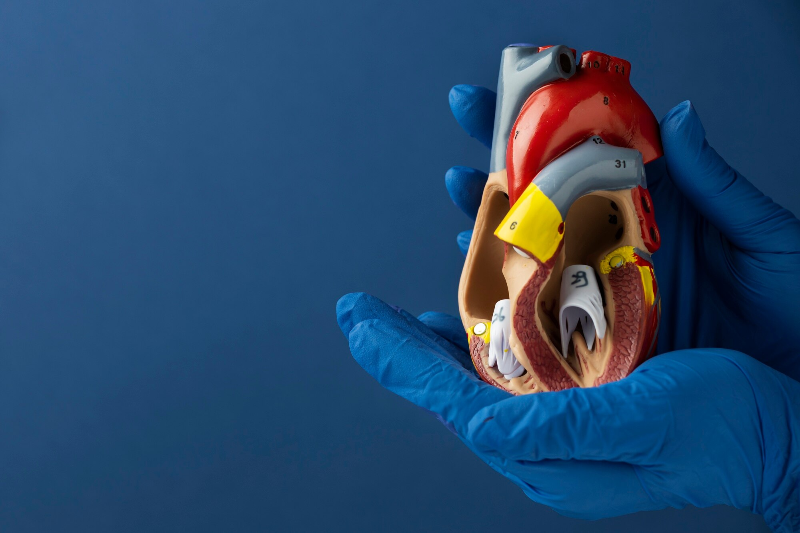by Elana Gotkine
There is a U-shaped association between alcohol consumption and coronary heart disease (CHD) and type 2 diabetes (T2D) but no evidence for a causal association, according to a study published online Nov. 24 in Alcohol: Clinical and Experimental Research.
Rachel L. Kember, Ph.D., from Crescenz Veterans Affairs Medical Center in Philadelphia, and colleagues conducted two retrospective nested case-control studies of 33,053 CHD and 28,278 T2D cases matched to five controls each to examine observed and genetically proxied associations between alcohol consumption and the incidence of CHD and T2D in African Americans (AAs), European Americans (EAs), and Hispanic Americans (HAs).
Alcohol exposure was estimated using the Alcohol Use Disorders Identification Test-Consumption score closest in time prior to the index date. Mendelian randomization analyses used a single variant in ADH1B or a genetic score as instrumental variables.
The researchers found a U-shaped association of alcohol consumption with CHD and T2D risk in an observational analysis. In Mendelian randomization analyses, there was no association for ADH1B genotype-predicted (in AAs, EAs, and HAs) nor genetic score-predicted (in EAs) alcohol consumption with CHD risk.
There was also no association for T2D with alcohol consumption predicted by the ADH1B genotype (in AAs, EAs, or HAs) or genetic score (in EAs). There was no association between alcohol consumption and cardiometabolic diseases in multivariable Mendelian randomization analyses adjusted for the effects of blood pressure and smoking.
"Our results suggest that, as has been shown in larger population groups, there are not beneficial effects of moderate alcohol consumption on cardiometabolic disease," the authors write.
One author disclosed ties to relevant organizations.
More information: Rachel L. Kember et al, A Mendelian randomization study of alcohol use and cardiometabolic disease risk in a multi‐ancestry population from the Million Veteran Program, Alcohol, Clinical and Experimental Research (2024). DOI: 10.1111/acer.15445
© 2024 HealthDay. All rights reserved.







Post comments